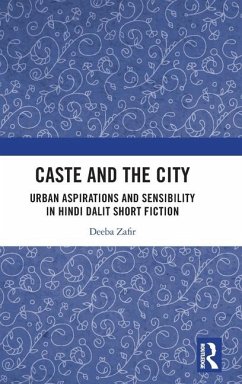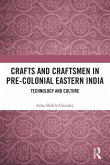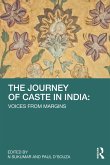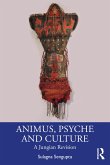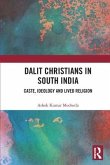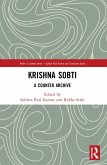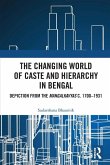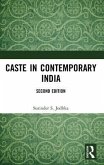This book looks at Dalits in the city and examines the nature of Dalit aspirations as well as the making of an urban sensibility through an analysis of hitherto unexamined short stories of some of the first- and second-generation as well as contemporary Dalit writers in Hindi.
Tracing the origins of the emergence of Dalit critical consciousness to the arrival of the Dalits into the print medium, after their migration to the city, this book examines their transactions with modernity and the emancipatory promises it held out to them. It highlights the literary tropes that mark their fiction, specifically those short stories which take up urban themes, and shows how even in seemingly caste-neutral spaces caste discrimination is present. The book also undertakes an examination of the stories by contemporary Dalit women writers in Hindi - Rajat Rani Meenu and Anita Bharti - who have posed a radical challenge to both the mainstream feminist movement and the Dalit movement.
The volume will be of great interest to scholars and researchers of South Asian literature, especially Hindi literature, Dalit studies, subaltern history, postcolonial studies, political science, and sociology as well as the informed general reader.
Tracing the origins of the emergence of Dalit critical consciousness to the arrival of the Dalits into the print medium, after their migration to the city, this book examines their transactions with modernity and the emancipatory promises it held out to them. It highlights the literary tropes that mark their fiction, specifically those short stories which take up urban themes, and shows how even in seemingly caste-neutral spaces caste discrimination is present. The book also undertakes an examination of the stories by contemporary Dalit women writers in Hindi - Rajat Rani Meenu and Anita Bharti - who have posed a radical challenge to both the mainstream feminist movement and the Dalit movement.
The volume will be of great interest to scholars and researchers of South Asian literature, especially Hindi literature, Dalit studies, subaltern history, postcolonial studies, political science, and sociology as well as the informed general reader.

